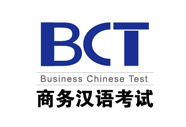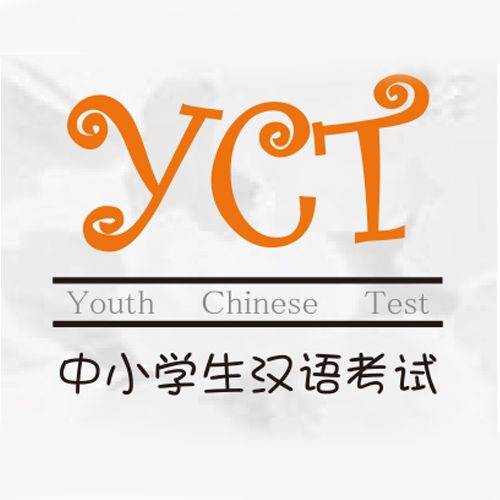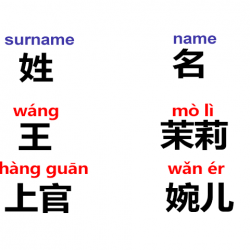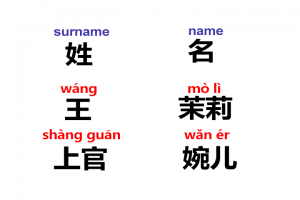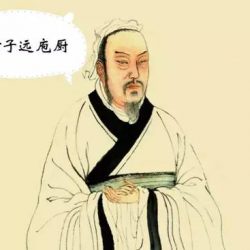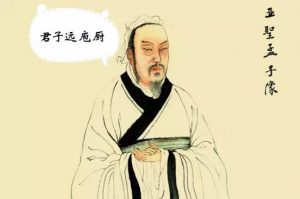xióng māo :lǎo hǔ ,nǐ zhī dào hóng huāng zhī lì ma ?
熊猫:老虎,你知道洪荒之力吗?
lǎo hǔ :jiù shì ào yùn huì fù yuán huì shuō de ma ?
老虎:就是奥运会傅园慧说的吗?
xióng māo :duì ya !yǐn yòng tā de yuán huà :wǒ yǐ jīng ……yòng le hóng huāng zhī lì le !
熊猫:对呀!引用她的原话:我已经……用了洪荒之力了!
lǎo hǔ :dàn shì wǒ bù shì hěn míng bái ,hóng huāng zhī lì shì shí me yì sī ?
老:但是我不是很明白,洪荒之力是什么意思?
xióng māo :hóng huāng zhī lì zuì jìn shì chū xiàn zài yī bù diàn shì jù lǐ ,dàn shí jì shàng zhè shì yǐn yòng le wén yán wén 。
熊猫:洪荒之力最近是出现在一部电视剧里,但实际上这是引用了文言文。
Panda: Tiger, do you know prehistoric force it?
Tiger: is the Olympics Fuyuan Hui said?
Panda: Yes! Quote her exact words: I have used the power of …… prehistoric up!
Tiger: But I do not really understand the power of prehistoric mean?
Panda: prehistoric force recently appeared in a television show, but in fact this is a reference to the classical Chinese.
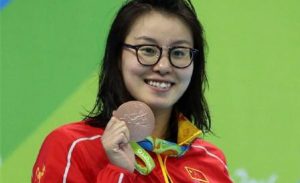 记者:你用了58秒95(比赛)
记者:你用了58秒95(比赛)
Reporter: You took 58 seconds 95 (Event)
傅园慧:“58秒95?”
“58,95 ? ! ”
记者:你都没想到自己这么快?
Reporter: You did not think of yourself so quickly?
傅园慧:啊?我以为是59秒。我有这么快?我很满意!
I thought I did 59 seconds! Am I that fast? I am very pleased!
记者:对今天这个状态,有所保留吗?
Reporter: Today this state, you have reservations?
傅园慧:“没有保留,我已经……我已经……用了洪荒之力了!”
“I wasn’t holding back, I have given my full play!”
记者:2016年的你的身体状况不是很好,走到这一步非常难是吗?
Reporter: 2016 your physical condition is not very good, very hard to come this far is it?
傅园慧:已经是历史上最好的成绩了。我用了三个月做了这样的恢复,鬼知道我经历了什么,真的太辛苦了,有的时候感觉我已经要死了,奥运会训练真的生不如死。”
“It took me three months to get back to this level, you have no idea what I’ve been through. It was tough like hell. Sometimes I felt I couldn’t survive this. Training for the Olympics was killing.”
记者:你是不是对明天的决赛充满希望?
Reporter: Are you excited for tomorrow’s final?
傅园慧:“没有,我已经很满足了。”
“Not at all! I am already very pleased!”
A new Internet meme has emerged after Chinese swimmer Fu Yuanhui reacted exaggeratedly to her personal best performance in Rio 2016 women’s backstroke semi-final. “I’ve been utilizing prehistorical powers.” she told CCTV reporter. Her comment has also become part of the meme.
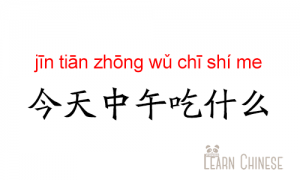 jīn tiān zhōng wǔ chī shí me
jīn tiān zhōng wǔ chī shí me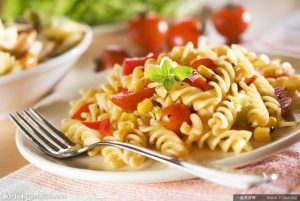



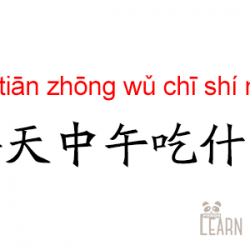

 记者:你用了58秒95(比赛)
记者:你用了58秒95(比赛)